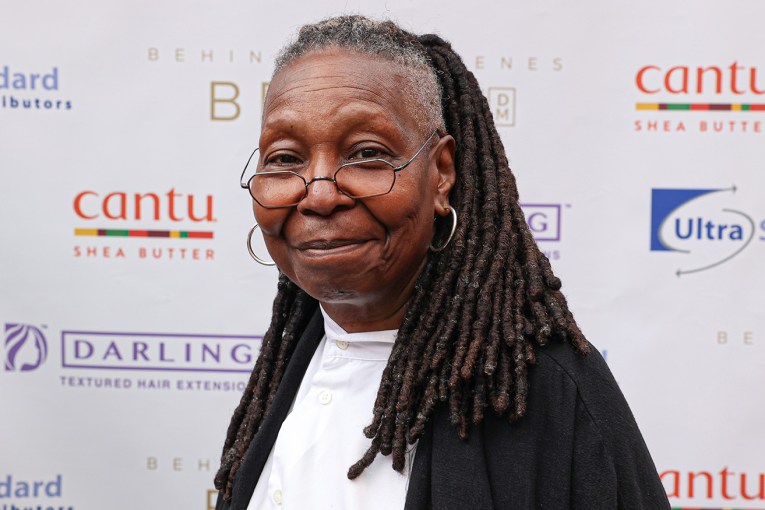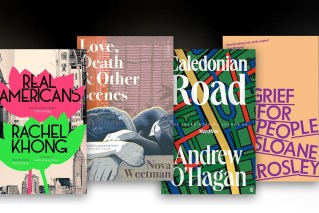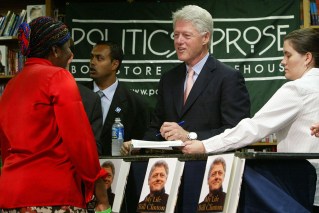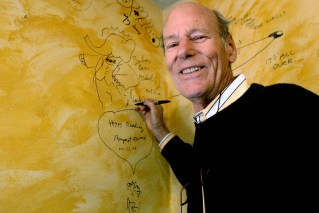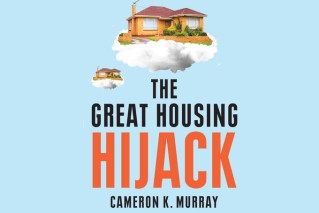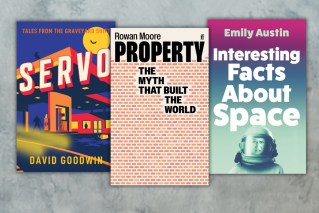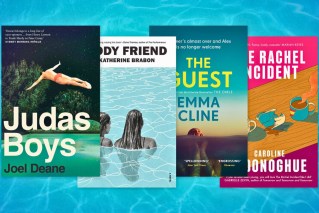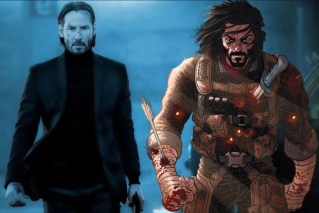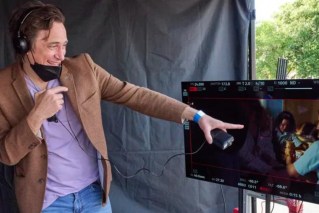To read or to watch, that is the question
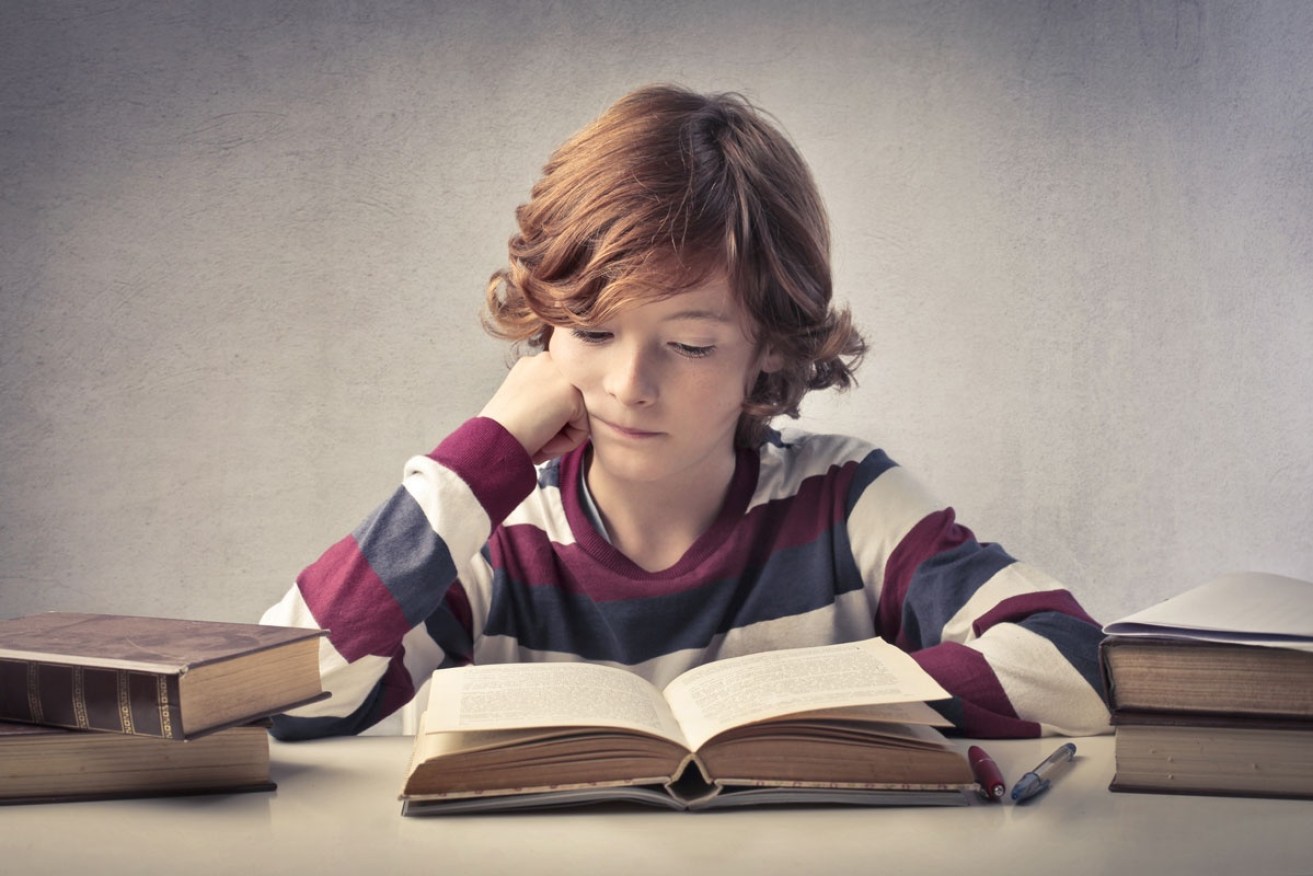
The silver screen is overflowing with stories that were originally created as blank text upon the page. The magic of written words and the stories they were borne into have created some of the best films in history. As we launch into the summer box-office season we will be inundated with big screen adaptations of some wonderful novels. The Hunger Games trilogy, the penultimate Hobbit film from director Peter Jackson, and the highly anticipated The Book Thief film, also a best selling book, are just some in a long list.

The Hobbit hits Australian theatres on December 26. Photo: New Line Cinema.
So what is it that makes a successful adaptation and how do you answer that nagging question: should I read the book or see the movie first?
Novelist, script-writer and theorist, Linda Aronson, who has written and consulted on adaptations of her own and others’ work for film and television, says there is a completely different contract between a novelist and reader to the one that exists between a film-maker and audience, and this must be addressed for a successful adaptation.
“People reading fiction are much more tolerant,” Ms Aronson says.
“It’s very common when someone recommends a novel to you for them to say, ‘The first 50 pages are slow, but stay with it’. But 50 pages is about half a film script. People will get angry if they are kept waiting more than 30 seconds [in a film].”
Ms Aronson says the best adaptations are from books that make their most powerful points through action, rather than via emotion or description.
“Harry Potter was very suitable because it’s all action: character through action,” Ms Aronson says.

The Harry Potter films expertly brought the books to life and threw the young stars into the limelight. Photo: Warner Brothers
However, the film The Shipping News, adapted from E. Annie Proulx Pulitzer-prize winning novel, didn’t hit the mark, she continues.
“The novel is about the mental journey of an emotionally-wounded man healed gradually by living near the ocean. It features marvellous descriptions of the ocean’s subtle changes. But all the camera can do here is: ‘ocean calm’, ‘ocean stormy’, ‘man gloomy’, ‘man a bit more cheerful’. The result is boring,” Aronson concludes.
In order to avoid disappointment, it can often be better to watch the film before reading the book it was based on, says literary agent Selwa Anthony.
“With something like Gone With the Wind, it’s better to see the movie and then read the book, because you’ve fallen in love with so much in the movie then you find out so much more when you read the book – it fills in a lot of the gaps because it’s a big story,” Ms Anthony says.
The reason book-lovers are often disappointed with a film adaptation is because it is not possible for a film to portray the many sub-plots and complexities of a novel, Ms Anthony says.
“The worst film adaptation I’ve ever seen was Isabelle Allende’s wonderful novel called The House of Spirits. It was one of the most beautiful novels I’ve ever read, there were stories within stories, and the film just took one part of it, which made no sense. It was dreadful.”
Author, academic and literary critic, Alice Robinson, says the necessary simplification of a story when it is condensed for film means short stories can often be translated most successfully to film. She cites the Australian film Jindabyne, which was created from an eight-page Raymond Carver story So Much Water So Close to Home.
“It’s quite a natural transition from short story to film, because a short story is really situated around one moment – usually one moment of crisis or one moment of insight – over a very short period of time. So that can more easily be condensed into two hours.”
Dr Robinson says the rare examples where a film is judged to be better than the book are when the film artistically transcends the original story. She says Ridley Scott’s film Blade Runner is universally recognised to be better than the book it was adapted from: Do Androids Dream of Electric Sheep? by Philip K Dick.

Harrison Ford in Blade Runner. Photo: Warner Brothers
“A literary book is an abstract thing translating life into text, and the film is a translation of a translation, if you like, and something gets lost that way,” Dr Robinson says.
“Maybe the reason films like Blade Runner work is because the film is also a work of art in its own right, because the director has taken that text and recreated it with their own vision.”
Anneli Knight is a freelance writer who is currently completing her first novel.
15 great films based on books (in no particular order)
- Life of Pi
- Blade Runner
- One Flew Over the Cuckoo’ Nest
- Gone with the Wind
- Silence of the Lambs
- We Need to Talk About Kevin
- Jindabyne
- Brokeback Mountain
- The Notebook
- Adaptation
- Jane Eyre
- Harry Potter
- Trainspotting
- The Devil Wears Prada
- Breakfast at Tiffany’s
[polldaddy poll=7570641]
